-
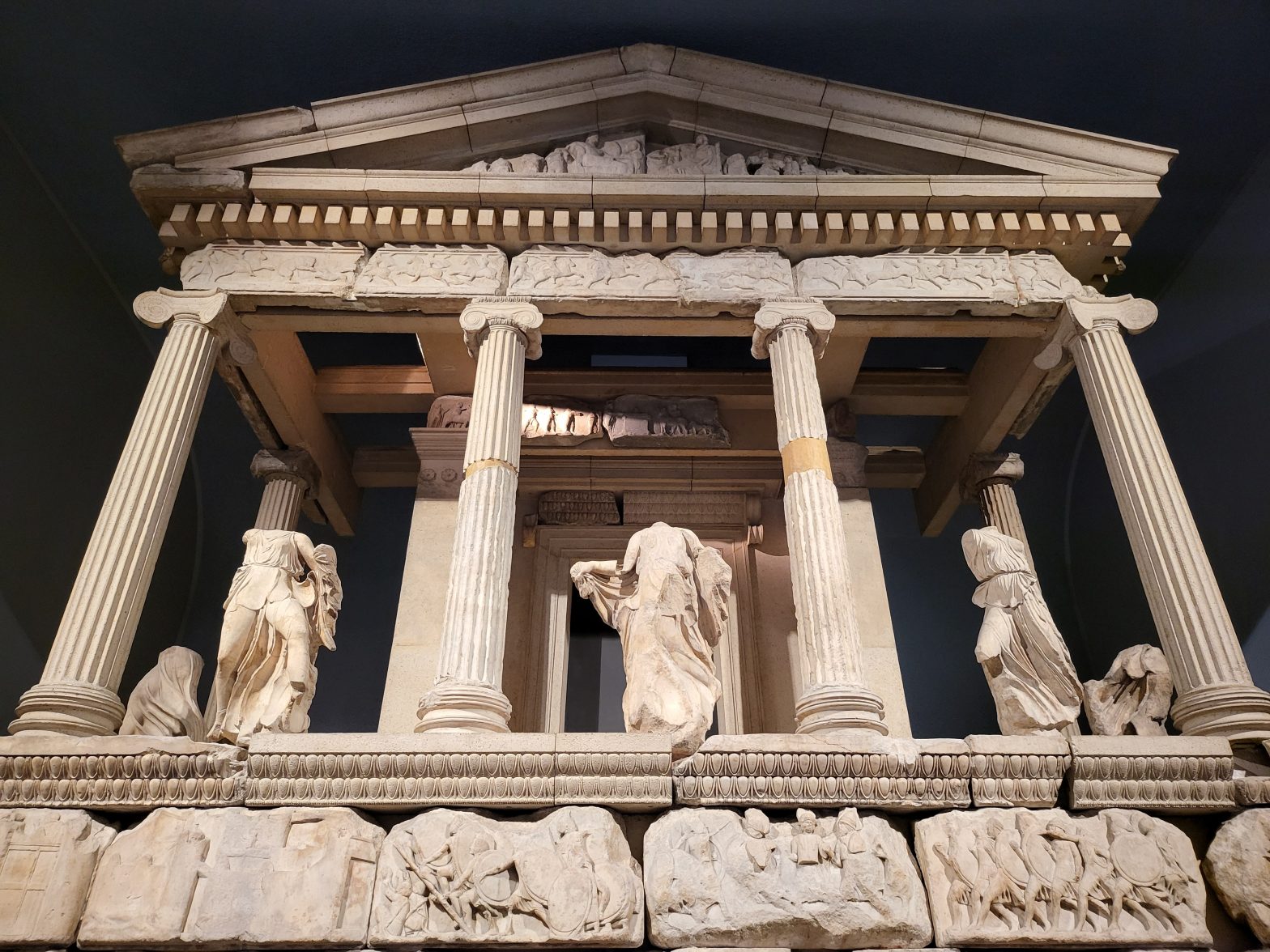
The 285% Stock Trade
Back in September 2020 I mentioned a stock trade that I had executed and estimated at having an 80% chance of roughly tripling and a 20% chance of going to zero. I said that if anyone asked about it I’d write a debrief, so I’m going to go over it in detail here. The reason…
-
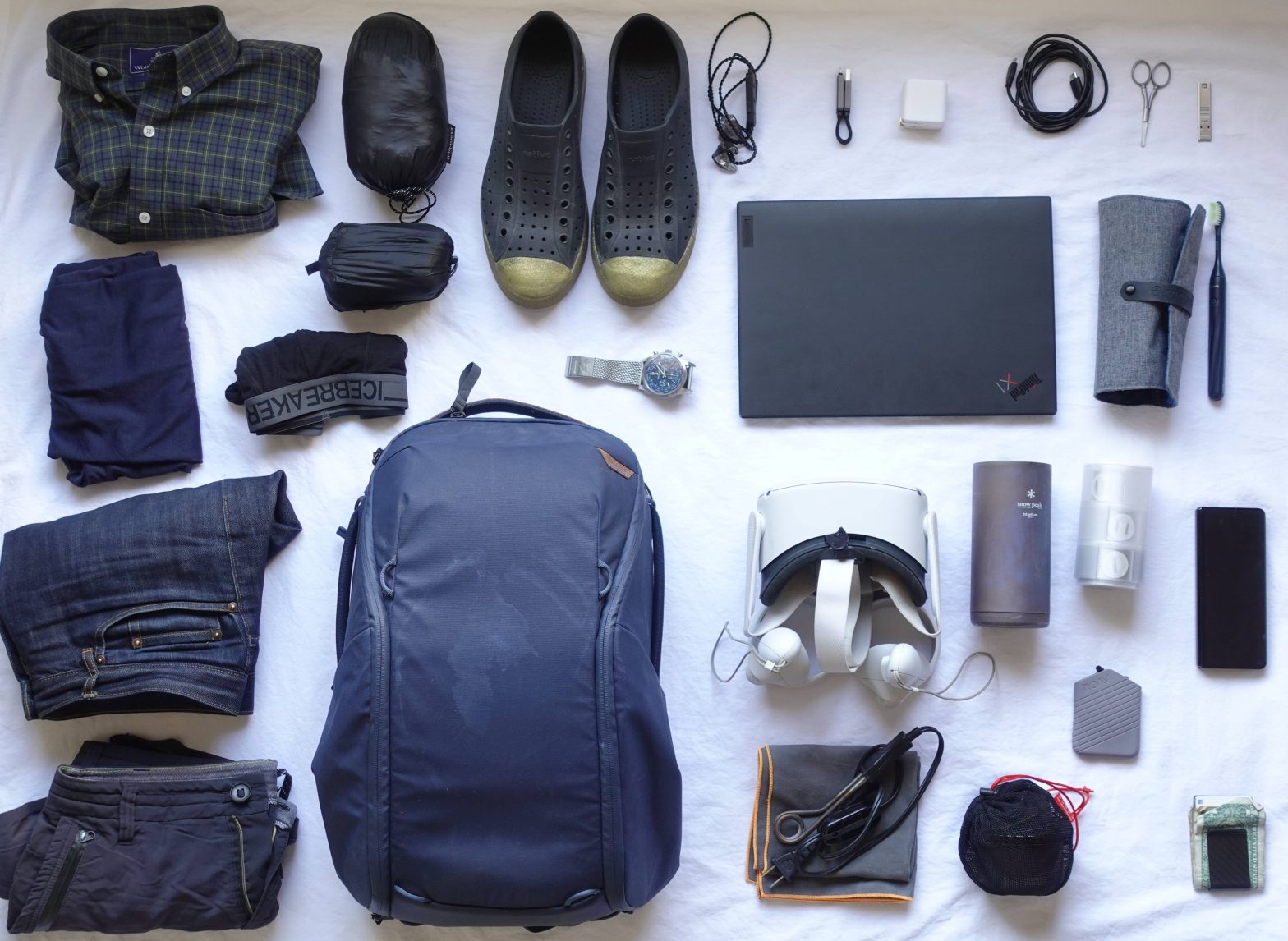
Gear Post 2022
Ok! Gear Post! I get it! For the record, I always get the gear post done as early as I can reasonably get it done, aiming for the end of the year. What often delays me is going down last minute rabbit-holes trying to find the best of something, coordinating with my brother to get…
-
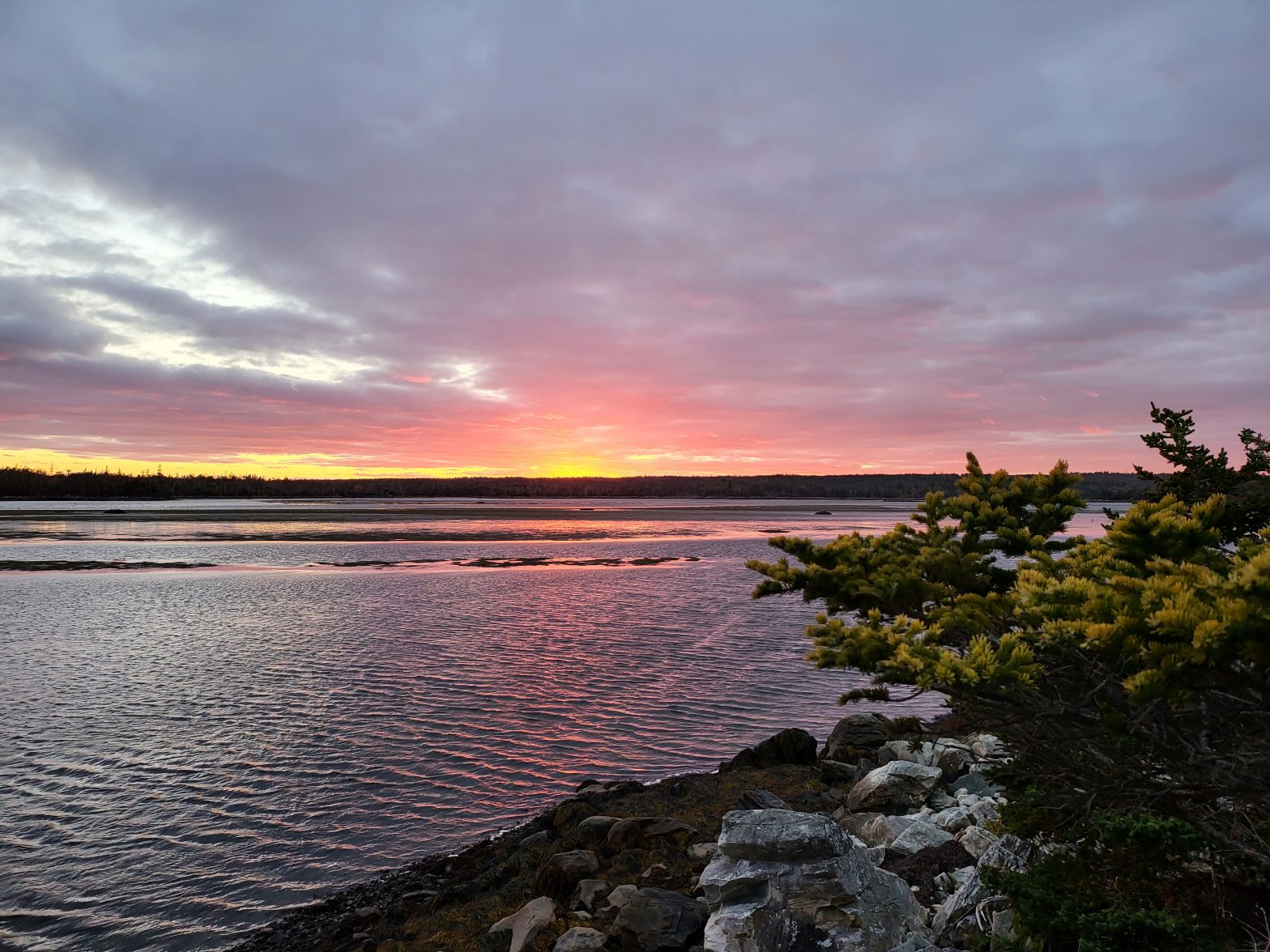
Auf Wiedersehen 2021
I always write a yearly wrap-up, and this years feels harder than most. If I were to try to come up with a theme for my year it would be “sort of a weird return to partial normalcy”, which isn’t really much of a theme. But I both started and ended 2021 by traveling, which…
-

Sacrifice
Someone was asking for advice a couple weeks ago. They wanted to make more money, but really their problem was that they didn’t save enough money. Not that making more wouldn’t be great, but just that I knew that if they did make more they would just spend it and be on a fancier treadmill.…
-

Gratitude 2021
I write at least one post about gratitude per year, and each year I find the task a little bit more difficult because I have even more to be thankful for and narrowing it down to just one part is hard. This year, though, my family is top of mind. I think about and appreciate…
-

Vermeer Quest Complete!
In either 2013 or 2014 I decided to see every Vermeer painting in the world. I’ve always been drawn to his paintings, and when I found out that there were only about 36 (two are disputed, one is stolen and most likely destroyed), it seemed like a reasnable goal to go see them all. Many…
-

Beethoven’s 10th Symphony
Apparently this blog is now about me reading random articles on the internet and then going to Germany because of them. Luckily it’s not always about getting Covid while I’m there. This time around I read an incredible article about how AI researchers and music experts were using AI to complete Beethoven’s unfinished 10th symphony.…
-

My Experience Getting Covid
I tested negative in Germany, and boarded my flight. I felt great. When I woke up on the plane I noticed that I had a slight runny nose and just felt a bit “off”. I figured that the runny nose was probably just caused from the humidity of wearing a mask for so long and…
-
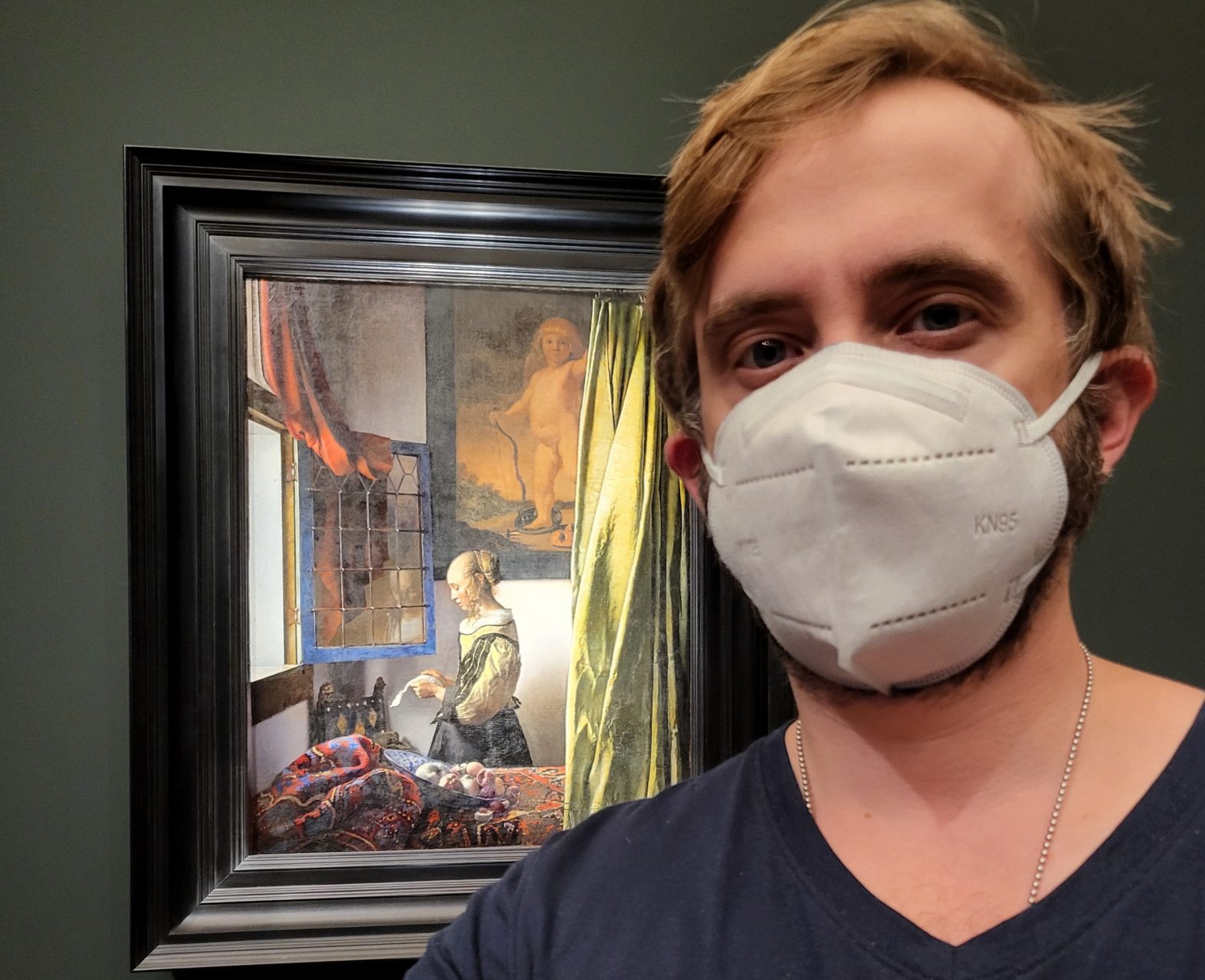
A Day or Two in Dresden
I woke up to an email from my mom with a link to a story about the restoration of the Vermeer painting, “Girl Reading a Letter at an Open Window”. You may remember that I’m trying to see every Vermeer painting in the world, and this one was one of the final four that I…
-
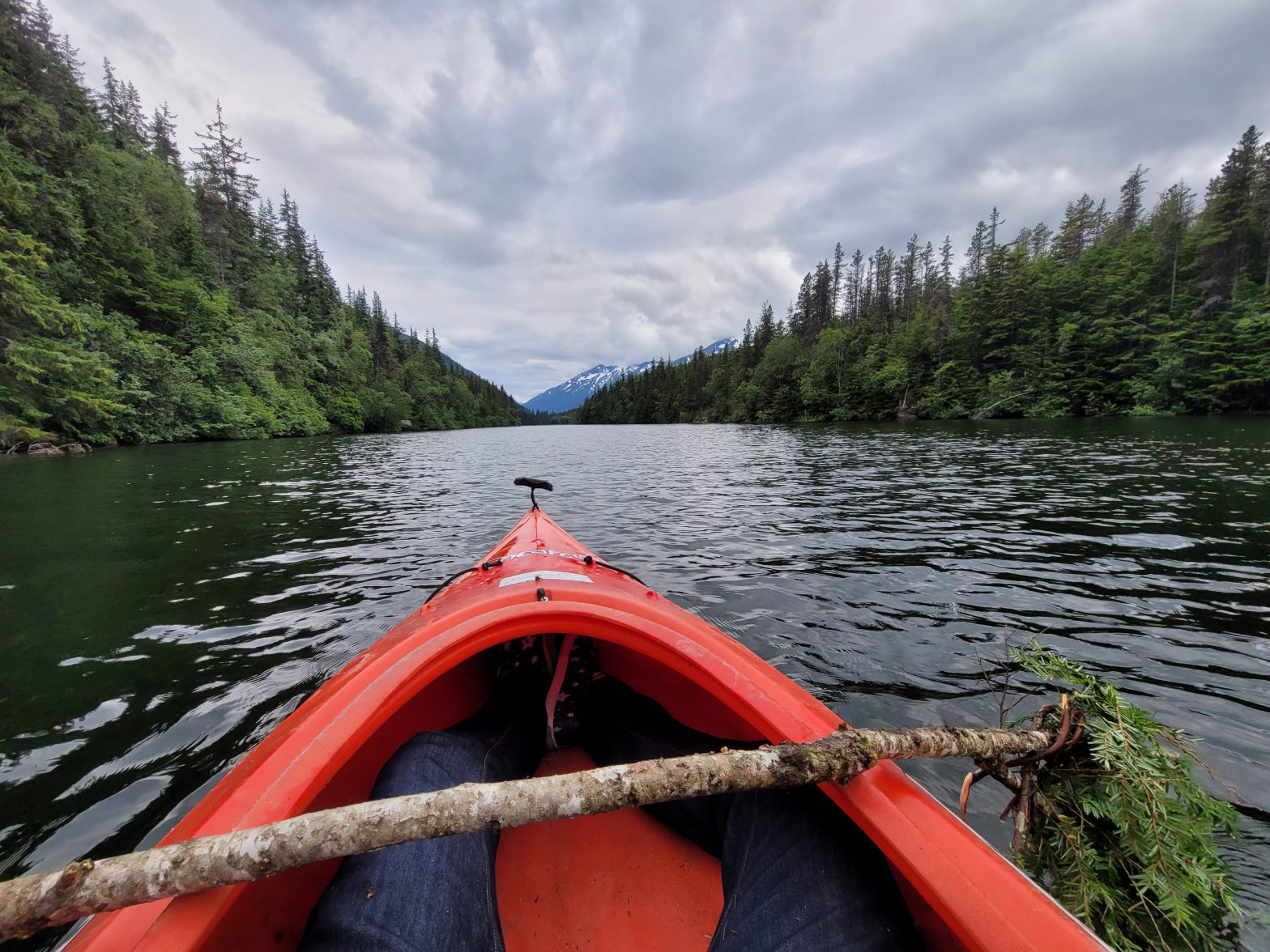
Moving Away from Weekly Posting
I can’t remember or easily find when I started writing weekly posts, but I think it’s been something like 5-7 years. Since committing to doing so I haven’t once missed a week, although my post time did gradually shift from Thursday morning to Sunday evening. At this point I realize that I’m posting weekly only…
